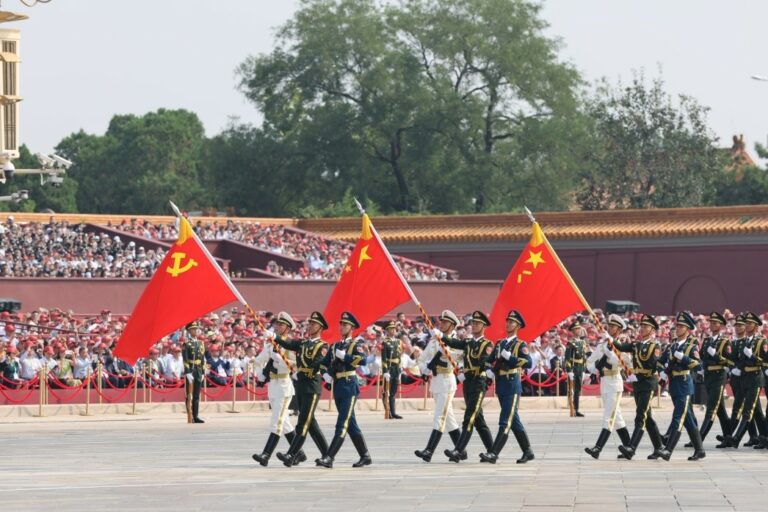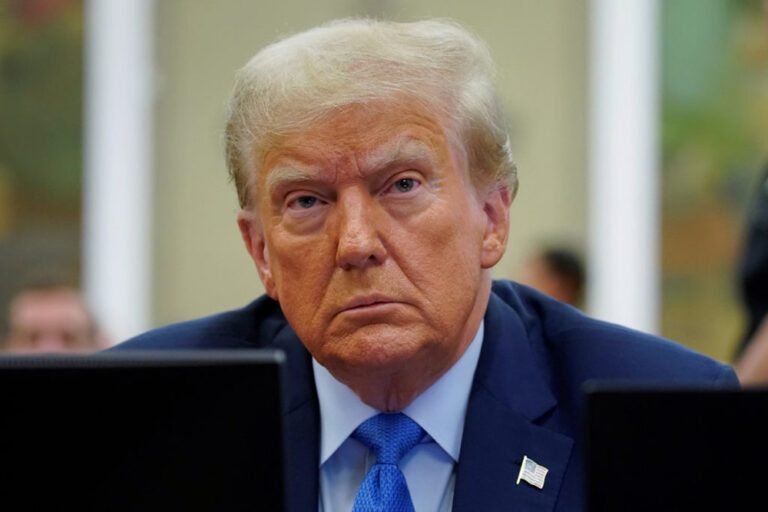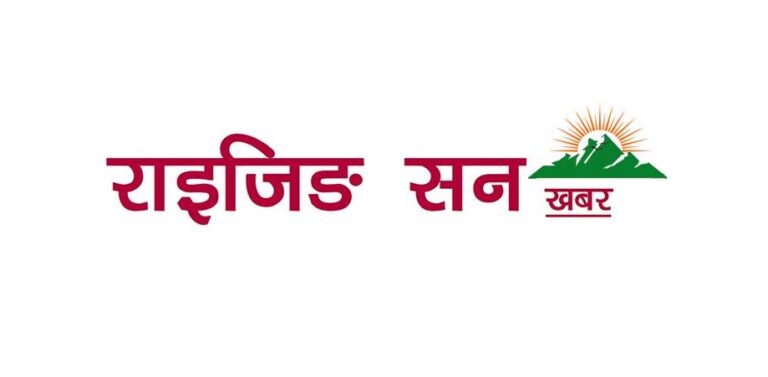China-Nepal Relations: Navigating a Complicated Partnership

–Haining Bao
Kathmandu . The recent visit of Nepal’s Prime Minister K.P. Sharma Oli to China marked a turning point in the foreign relations of the country-a signal that it is deliberately seeking diversification of its economic and strategic relations. Defying convention, Oli chose China over India for his first foreign trip, in a clear indication that Nepal wants to decrease its dependence on its southern neighbor. The two countries signed, during the visit, a long-anticipated framework agreement under the Belt and Road Initiative, opening the way to major infrastructure projects like road upgrading and cross-border transportation corridors. This step represents a strategic development that fully meets the expectations of Nepal to further accelerate its development while repositioning itself in the greater South Asian geopolitical landscape. However, the visit has also revived domestic debates over the financial viability of Chinese-backed projects, as Nepal looks to balance its ambitions for growth against the risks of possible debt burdens.
At the heart of the China-Nepal partnership has been the BRI: an ambitious, multi-billion-dollar-plan promising to transform infrastructure in Nepal. Key projects include the Trans-Himalayan Multi-Dimensional Connectivity Network and the long-anticipated Rasuwagadhi-Kerung railway line, envisioned as a strategic route connecting Kathmandu to Tibet. Owing to its high cost and the substantial engineering challenge it would entail through Nepal’s harsh Himalayan terrain, progress has been withheld, even with increasing doubts within Nepal over the viability of these projects.
For instance, the newly inaugurated Pokhara International Airport, built with a loan from China’s Exim Bank, was supposed to raise the profile of Nepal’s tourism industry and enhance its global connectivity. But it has instead become a source of controversy, with debt burden concerns eclipsing the initial fanfare that greeted the facility. Low passenger traffic and logistical complications have raised doubts regarding the economic dividend from the airport, while questions on sustainability and profitability of the facility remain unanswered. These are only some of the major obstacles that point to a broader issue between China and Nepal: increasingly, Nepal is wary about debt-financed projects with promises of so much but delivering little. For China, wariness on the part of Nepal is the new reality in which investment in infrastructure is not enough to secure goodwill that it seeks.
Recent missteps on the diplomatic front have curdled attitudes among Nepalis toward their northern neighbor. Recently, China’s ambassador to Nepal, Chen Song, drew ire for his remarks at a time when Nepal was caught up in disaster in the form of a landslide. He mocked Nepal for having to rely on Indian assistance, and those comments, quite undiplomatic and dismissive perhaps, were just what set the fire raging in Nepal’s media and parliament. A lot of Nepalese believe that such words underlined the sentiment of disrespect from Chen. Public figures had to rise and tell the world that Nepal is independent, which therefore calls for respectful bilateral conversation.
Incidents of these kinds remind Nepal of its long-held principle of maintaining balanced relations with the neighborhood powers, underpinned by a profound belief that Kathmandu must never be forced to make a choice between powers. But China’s seeming exasperation at Nepal’s diplomatic choices would indicate that Beijing does not as yet fully appreciate this part of Nepal’s foreign policy. What is clear from these tensions, however, is that Nepal’s commitment to sovereignty is a matter of non-negotiable principle and that China risks alienating a critical partner unless it respects Nepalese concerns.
Another level of complication with China brings in Nepal’s geographic and economic interdependence with India. Nearly 95% of Nepal’s trade flows through India, while an open border has facilitated extensive movements of people and goods; Kathmandu cannot afford to slight its southern neighbor. That is particularly significant, as India has long been influential in terms of cultural, political, and economic matters with Nepal. Beijing’s efforts, thus, to compete for influence in Nepal face an uphill battle.
Besides, Nepal’s eagerness to relate with the United States has worsened its relations with China. The endorsement of the U.S. Millennium Challenge Corporation MCC Nepal Compact that provides $500 million for infrastructure development has been a sticking point for Beijing. To China, the MCC pact represents a U.S. foothold in South Asia-a region where it has for a long period sought to establish strategic influence. The MCC for Nepal was only a diversification of partnerships and sourcing of investment from multiple sources, not a badge of alliance with Washington. The acceptance of American aid underlines Kathmandu’s intent to pursue a modicum of independence in its foreign relations-an intention that runs afoul of the Chinese vision of a Nepal firmly anchored within its sphere of influence.
These limitations in China-Nepal military cooperation mark further tensions within their partnership. Unlike Pakistan or other close allies, Nepal has shown limited enthusiasm for deepening its defense ties with China. While some collaboration does exist, India’s historical influence over Nepalese defense policies—and significant security interests it has in the region—has curtailed China’s ability to engage in substantive military cooperation with Nepal.
Accordingly, frustration felt more often by China with respect to the pace of cooperation in this area reflects a deeper issue: Beijing’s expectation of economic ties naturally leading to closer security cooperation does not match the more cautious approach that Nepal has taken. Kathmandu’s ongoing military engagements with India and the United States reflect the commitment to a diversified security policy, which makes large-scale defense integration with China unlikely anytime soon.
Improvement in China-Nepal relations requires a reassessment of expectations by both countries. Nepal has indicated that above all, it wants to be left alone, and any pressure applied on Kathmandu for exclusivity will most probably be resisted. Thus, China needs to approach Nepal more as a partner with priorities and constraints rather than an ally bound to its strategic aims.
For its part, Nepal needs to balance its sensitive relations with tact and in a strategic manner. While the diversified alliances with powers like the United States and India may promise potential immediate economic and strategic gains for Nepal, it needs to be cognizant of its long-term partnership with China. Beijing remains one of the most significant economic allies for Nepal, and maintaining an affirmative relationship while broaching its independence is key to Kathmandu’s development trajectory.
In the final analysis, Nepal stands at that distinctive juncture where it could act as a bridge between powerful nations rather than a battleground of influence. It is only by assuming a pragmatic and interest-driven attitude that Nepal can maintain its sovereignty while gaining benefits with major powers. However, this will entail a kind of diplomatic finesse, where China’s investment will have to be looked after while standing firm on Nepal’s independence.
With Nepal continuing to assert its agency, China will be forced to reconsider some of its prevailing approaches, knowing that partnerships based on respect for sovereignty and realistic economic objectives are the best hope for ultimate success. Whether Beijing and Kathmandu can reach this level of understanding remains in the hands of time, but if they do, then an arguable way forward for both nations may be more balanced and mutually beneficial.
(Haining Bao is affliated to the East Asian Languages and Civilizations Department of the University of Pennsylvania)














